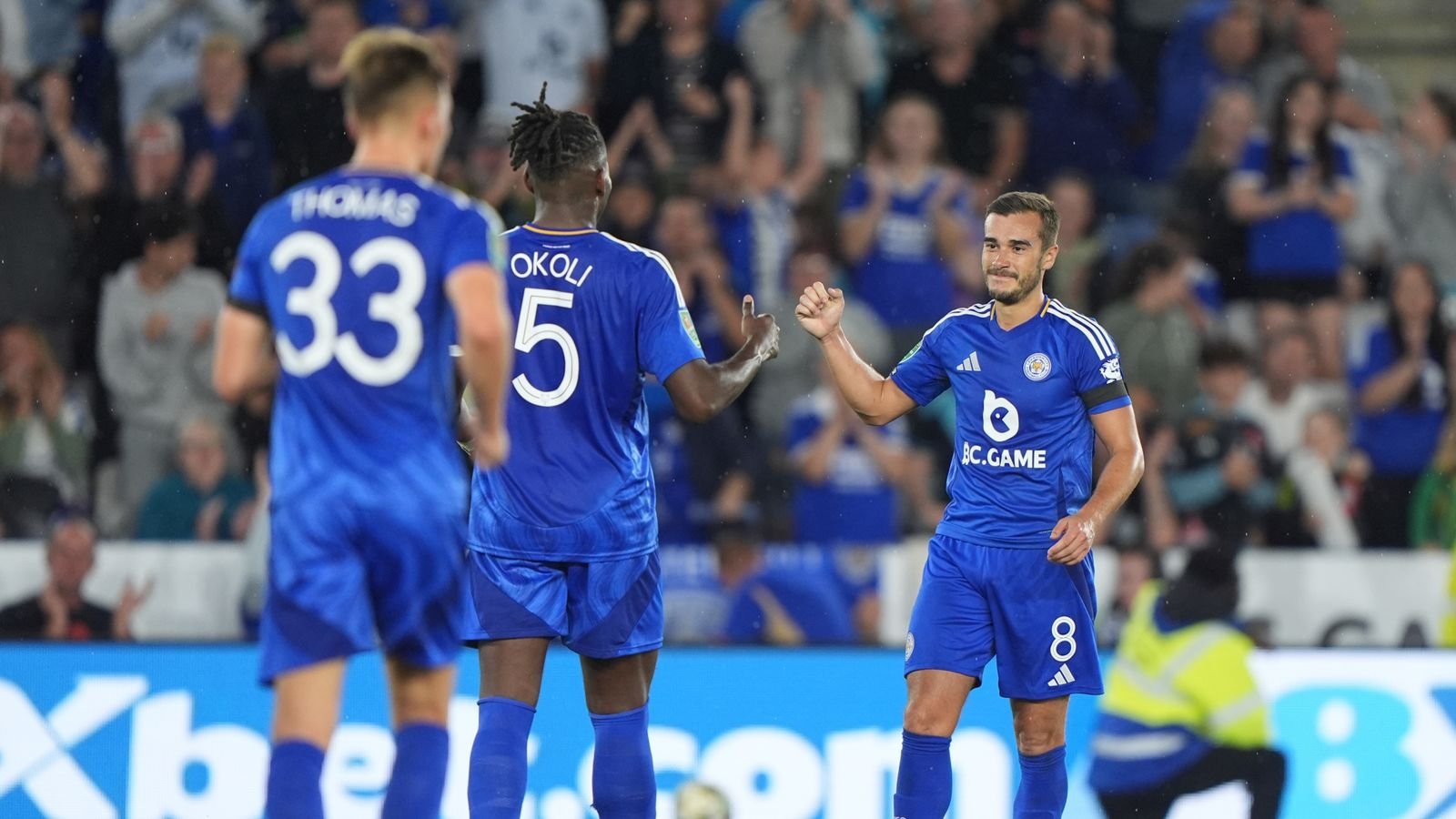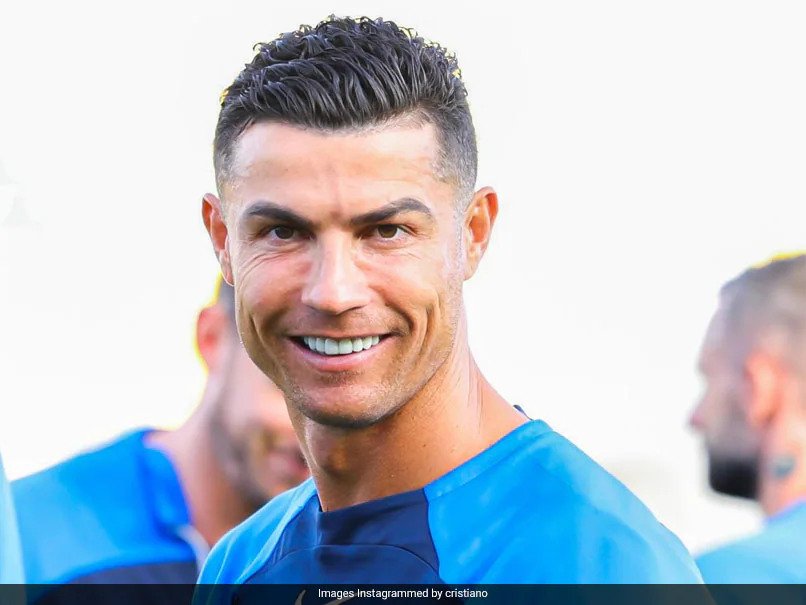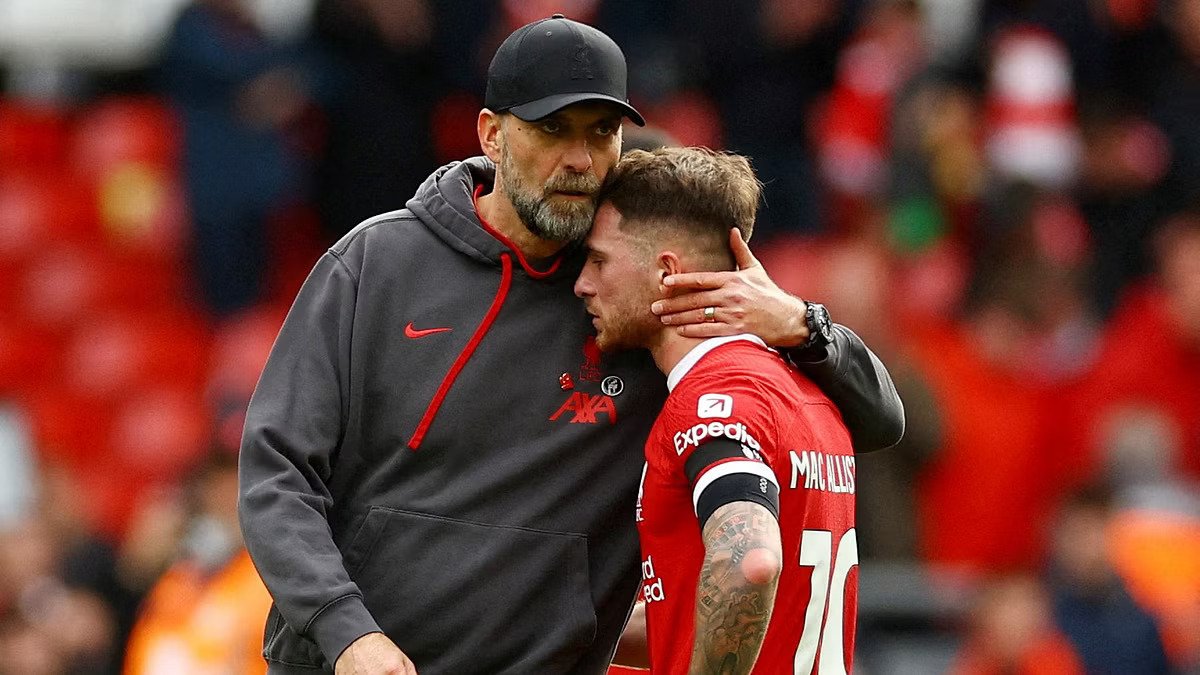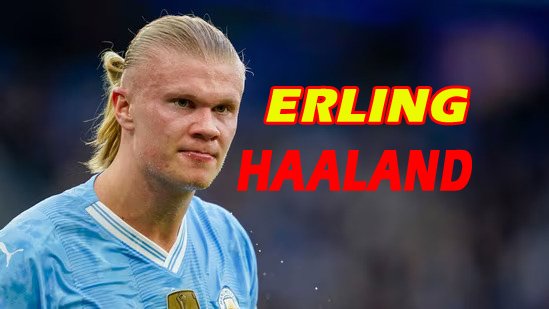FIFA Corruption Scandals – What Really Happened?
Football, also referred to as soccer in the US, is more than just a game. People from various walks of life are brought together by this cultural phenomenon. However, FIFA, the worldwide regulatory body of the sport, has a darker side hidden beneath the exciting goals and enormous stadiums.
1. What is FIFA and Why It Matters
The Fédération Internationale de Football Association (FIFA) governs international soccer. Founded in 1904, its primary function is to organize major international tournaments, most notably the FIFA World Cup.
With billions of fans worldwide and revenue in the billions, FIFA is not just a sporting body—it’s a powerful global institution.
2. The Rise of Corruption: A Culture Built on Secrecy
For decades, whispers of corruption within FIFA floated beneath the surface. Insiders and journalists often raised questions about how World Cup host nations were chosen and where FIFA’s enormous revenues were being funneled.
Key issues that fostered corruption included:
Lack of transparency in decision-making.
Unregulated financial transactions.
Unaccountable executive leadership.
These vulnerabilities made FIFA a breeding ground for misconduct.

3. 2010: The Bidding Controversy That Sparked Suspicion
The first major red flag came in 2010, when FIFA awarded the 2018 and 2022 World Cups to Russia and Qatar respectively. While Russia’s selection raised eyebrows, it was Qatar’s win that sparked global disbelief.
Why?
Qatar has no soccer history.
It’s a tiny desert country with extreme summer heat.
Infrastructure was practically non-existent at the time.
Accusations of vote-buying and collusion started to emerge, and journalists began investigating what was really going on behind closed doors.
4. The Investigative Journalism That Blew the Lid
In 2014, The Sunday Times published a groundbreaking investigation revealing leaked emails and documents showing that millions of dollars had allegedly been paid to secure votes for Qatar.
This investigative journalism became the tipping point. It caught the attention of U.S. law enforcement, which launched its own investigation.
5. The 2015 FIFA Arrests: A Day of Reckoning
On May 27, 2015, Swiss authorities, acting on behalf of the U.S. Department of Justice (DOJ), raided a luxury hotel in Zurich. Several top FIFA officials were arrested on charges including:
Racketeering
Wire fraud
Money laundering
The world watched in shock as high-ranking officials were led away in handcuffs.
Those arrested included:
Jeffrey Webb (Vice President of FIFA)
Eugenio Figueredo
Eduardo Li
Julio Rocha
And several others
6. The U.S. DOJ’s Role: Why America Got Involved
Many Americans were surprised to see the U.S. leading the charge against FIFA corruption. Here’s why:
Some of the fraudulent transactions passed through U.S. banks.
Several FIFA meetings occurred on U.S. soil.
Broadcasting and marketing deals were made with U.S.-based companies.
The DOJ treated FIFA like an international crime syndicate, building a case that spanned 25 years of corruption.
7. Bribes, Kickbacks, and TV Deals: The Money Trail
The DOJ investigation revealed that FIFA officials accepted over $150 million in bribes and kickbacks in exchange for lucrative media and marketing rights.
Key companies involved included:
Traffic Sports USA
Full Play Group
Torneos y Competencias
These firms paid off FIFA officials to secure broadcasting rights, especially for tournaments in the Americas.
8. Sepp Blatter: The Fall of a President
Sepp Blatter, FIFA President since 1998, initially denied any knowledge of corruption. But as the investigations intensified, pressure mounted.
In June 2015, just days after winning re-election, Blatter resigned.
Later, he was banned from football for eight years (later reduced to six) for unethical conduct relating to a $2 million payment to then-UEFA President Michel Platini.
9. Michel Platini and Other Big Names
Platini, once considered Blatter’s successor, also faced bans. The scandal implicated many high-profile figures, including:
Jack Warner (former Vice President, indicted but fled to Trinidad)
Chuck Blazer (former U.S. soccer official turned informant)
Jerome Valcke (FIFA’s Secretary General)
Each faced serious allegations, from bribery to money laundering.
10. The Fallout: Global Impact on Soccer
The scandals led to a massive shake-up in how FIFA operates:
Sponsors like Coca-Cola, Visa, and Adidas demanded reform.
FIFA’s new president, Gianni Infantino, pledged transparency.
New measures included public disclosure of salaries and independent ethics committees.
Yet, many critics argue that deeper systemic reform is still needed.
11. Did Qatar Still Keep the 2022 World Cup?
Despite all the controversy, Qatar retained its right to host the 2022 World Cup. The country invested over $200 billion in infrastructure, including air-conditioned stadiums, roads, and accommodations.
The tournament was held in November-December 2022, marking the first winter World Cup.
Although it was widely watched and well-organized, debates about labor rights, human rights abuses, and corruption never really faded.
12. Lessons Learned: Can FIFA Be Reformed?
While FIFA has made moves to clean up its act, many experts believe real reform is slow.
Key suggestions include:
Complete financial transparency
Term limits for executives
Independent oversight committees
Democratization of voting processes
Football fans across the world—and particularly in the U.S., where soccer continues to grow—are watching closely.
13. The Future of FIFA and the 2026 World Cup
The next World Cup, in 2026, will be co-hosted by the United States, Mexico, and Canada. The U.S. is expected to play a major role both on the field and in ensuring that the event runs cleanly.
This could be a turning point for FIFA’s global image, especially in America where sports fans demand integrity and accountability.
14. Pop Culture and the Scandal
The FIFA corruption scandal was so dramatic that it made its way into pop culture:
Netflix’s “FIFA Uncovered” (2022) offers a deep dive into the controversy.
Multiple documentaries and books have explored the dark side of global football governance.
These accounts serve as a chilling reminder of how power can be abused at the highest levels.





